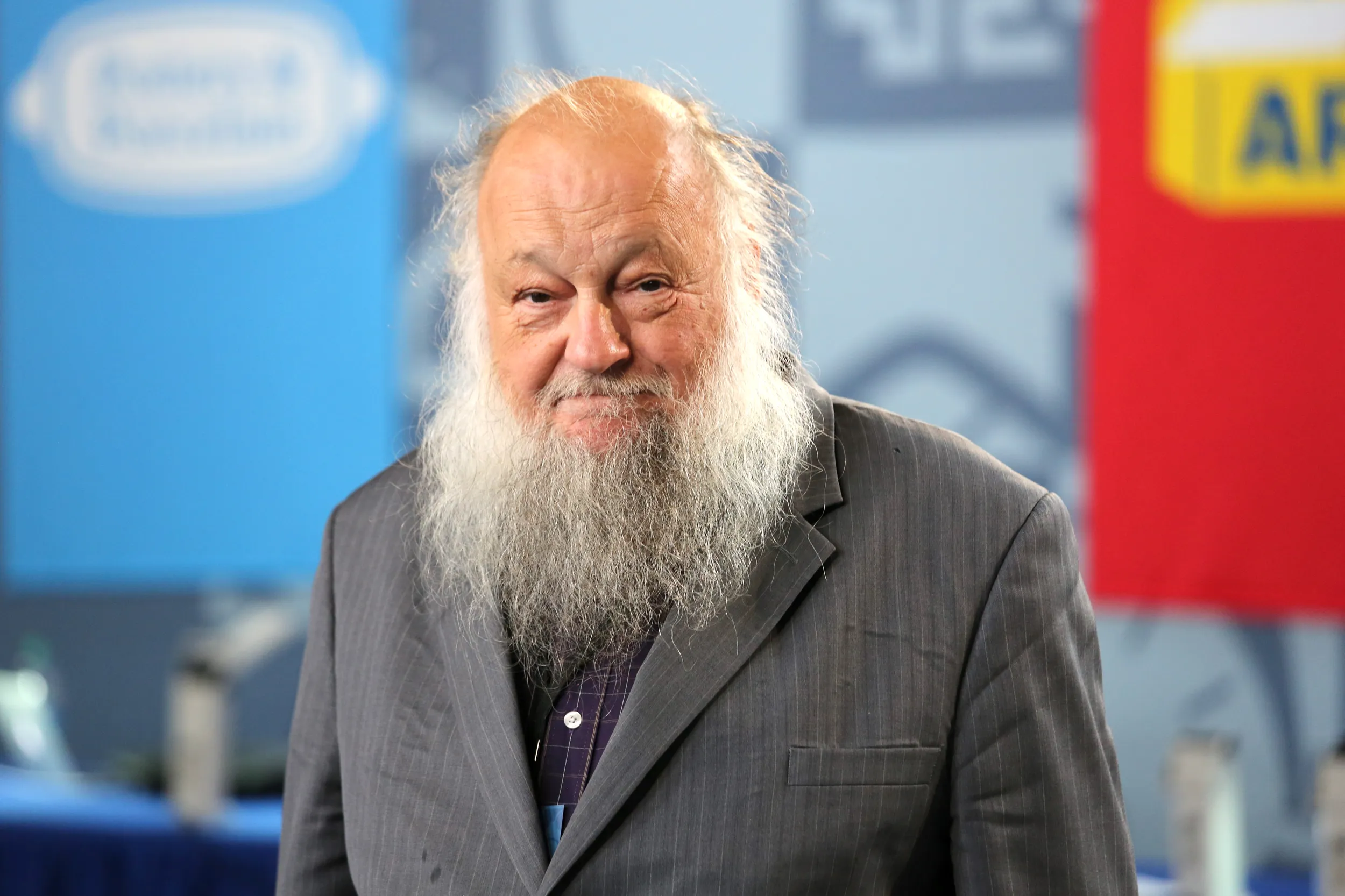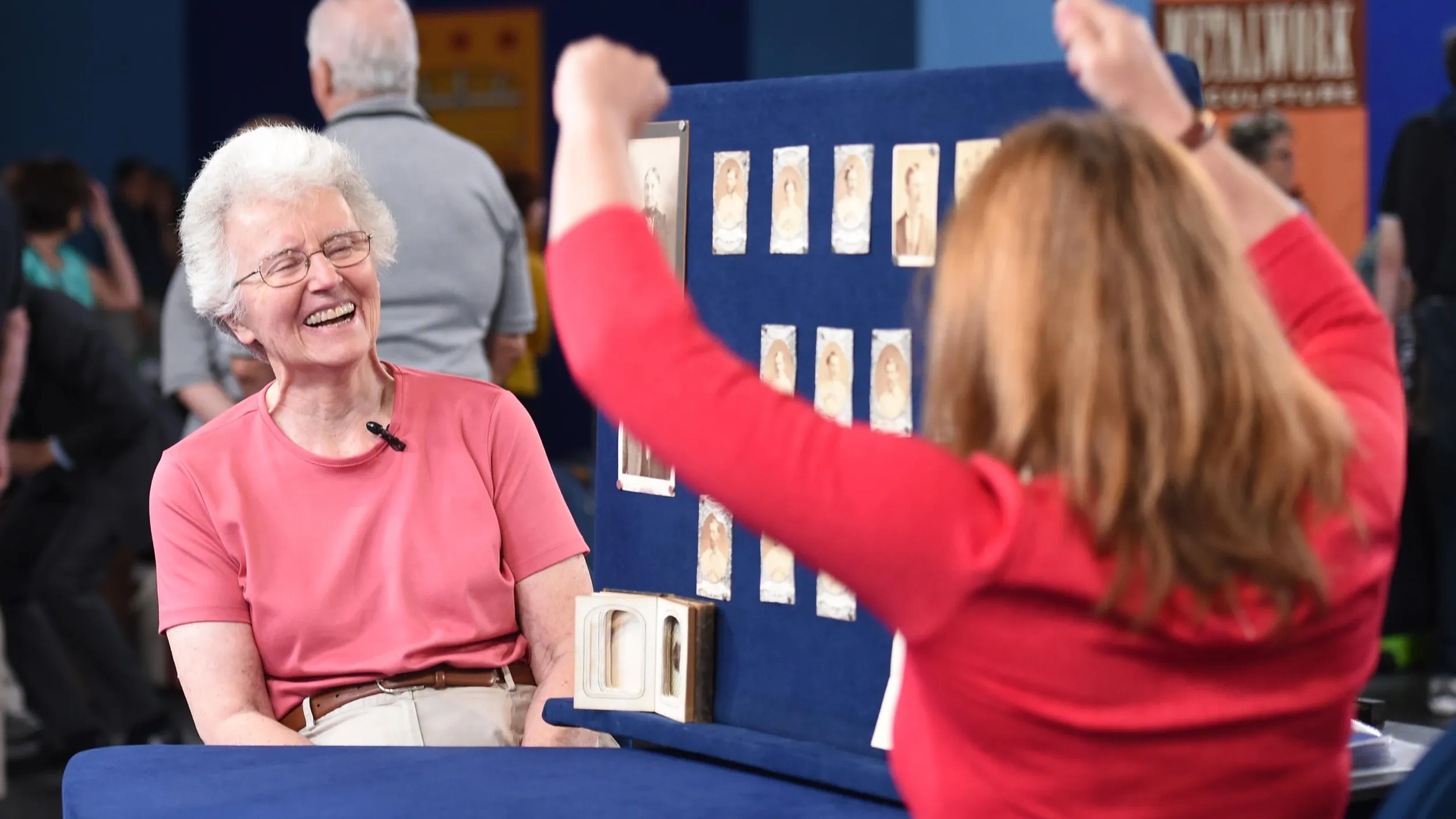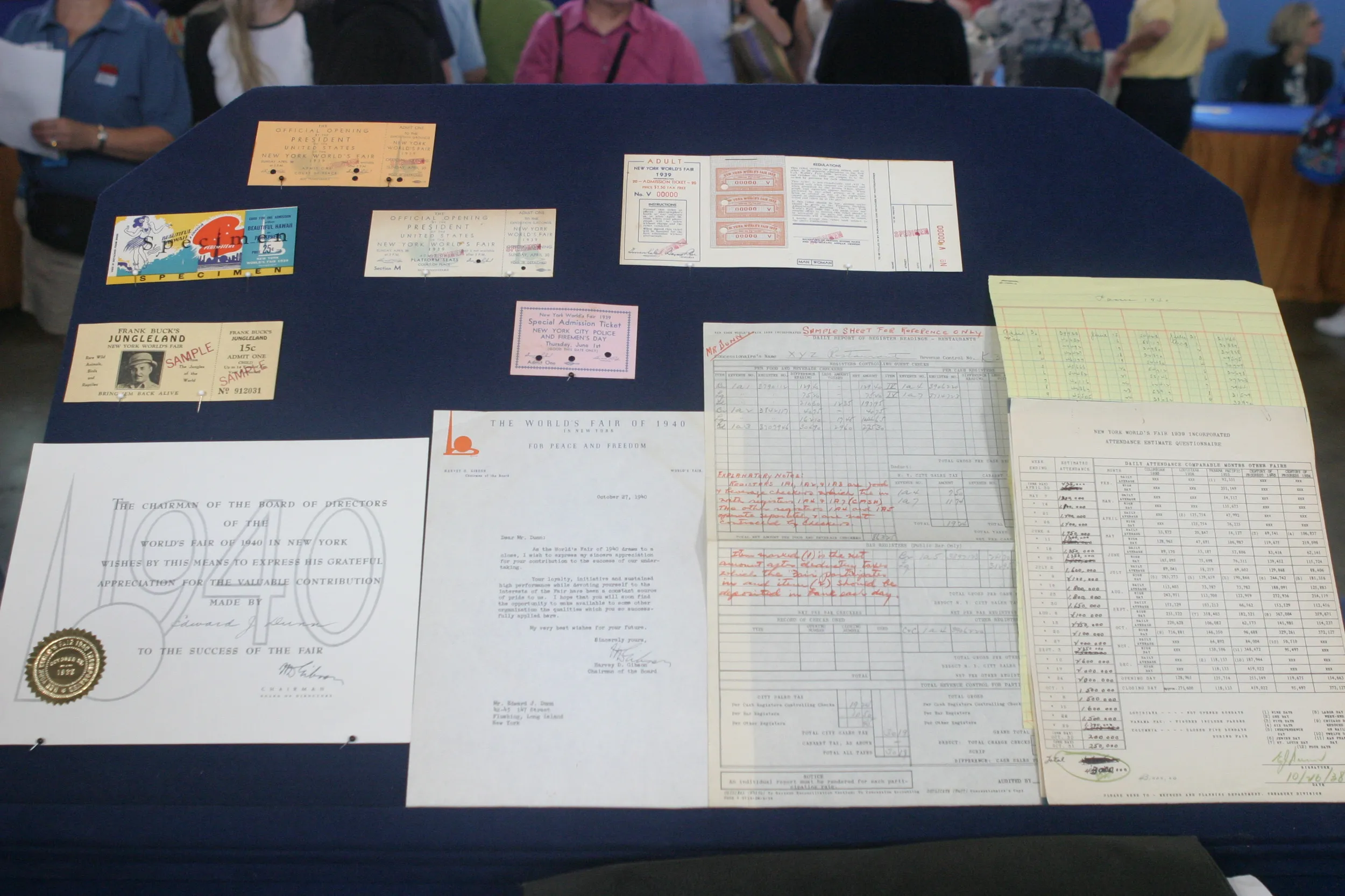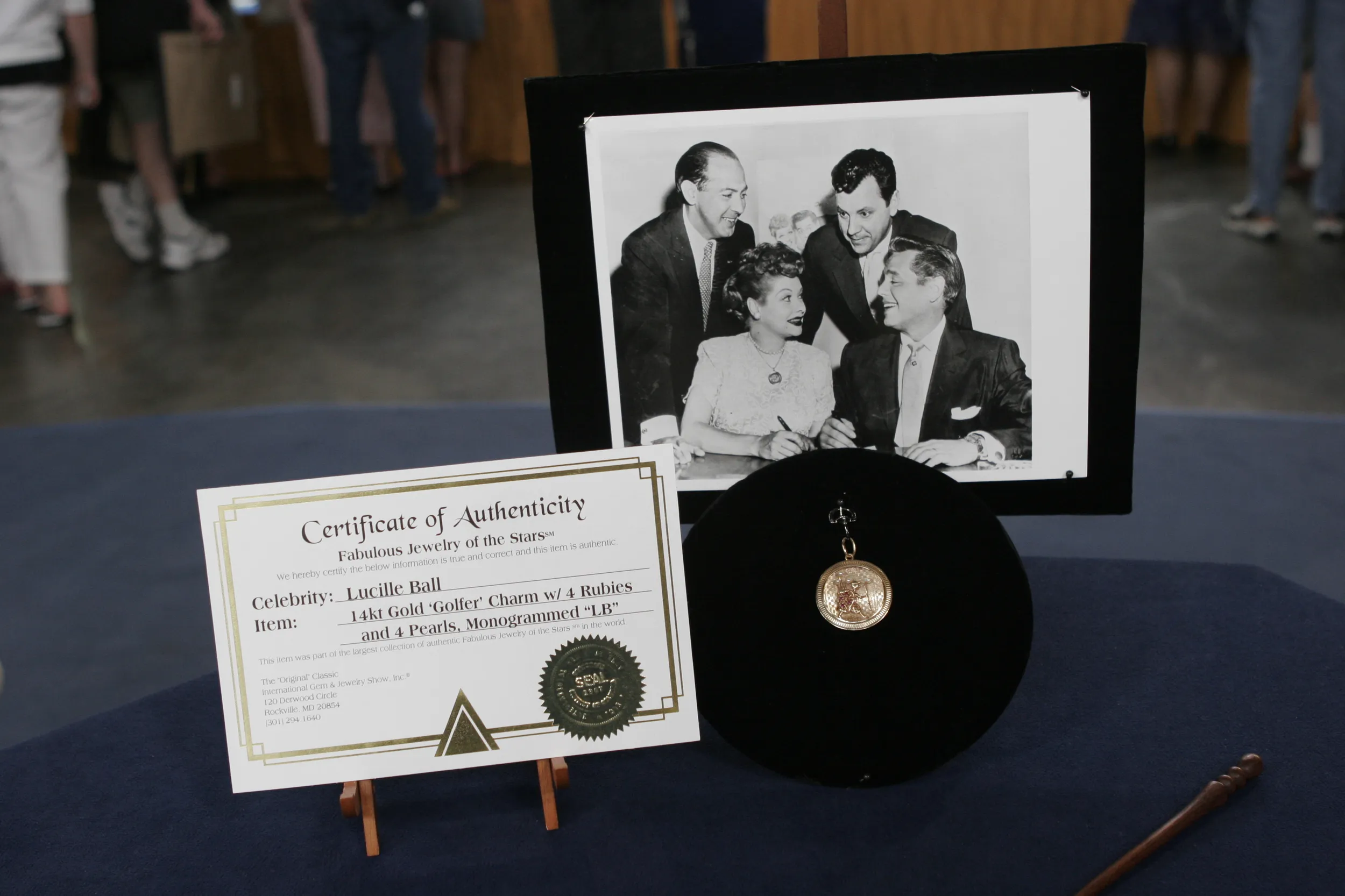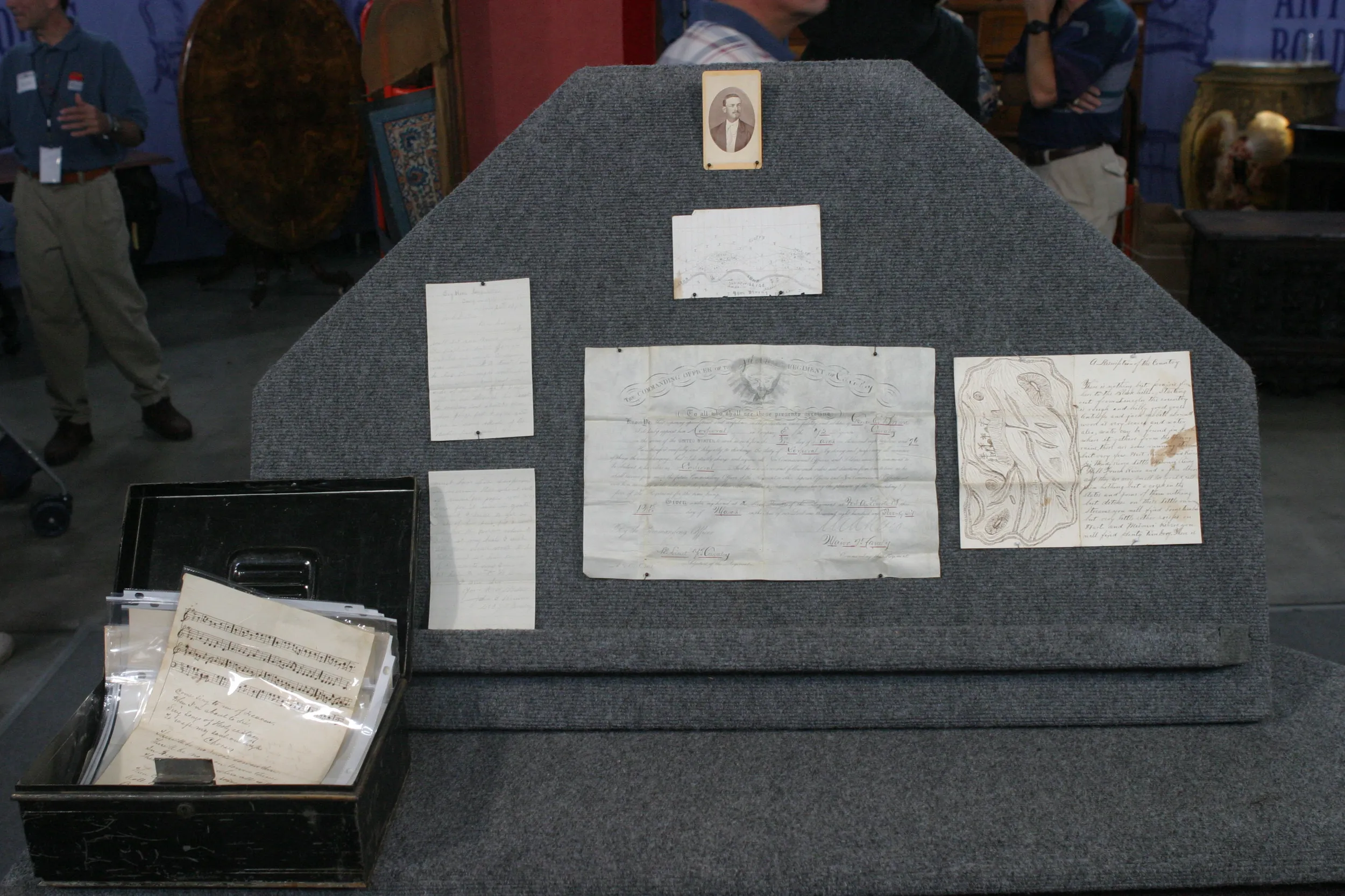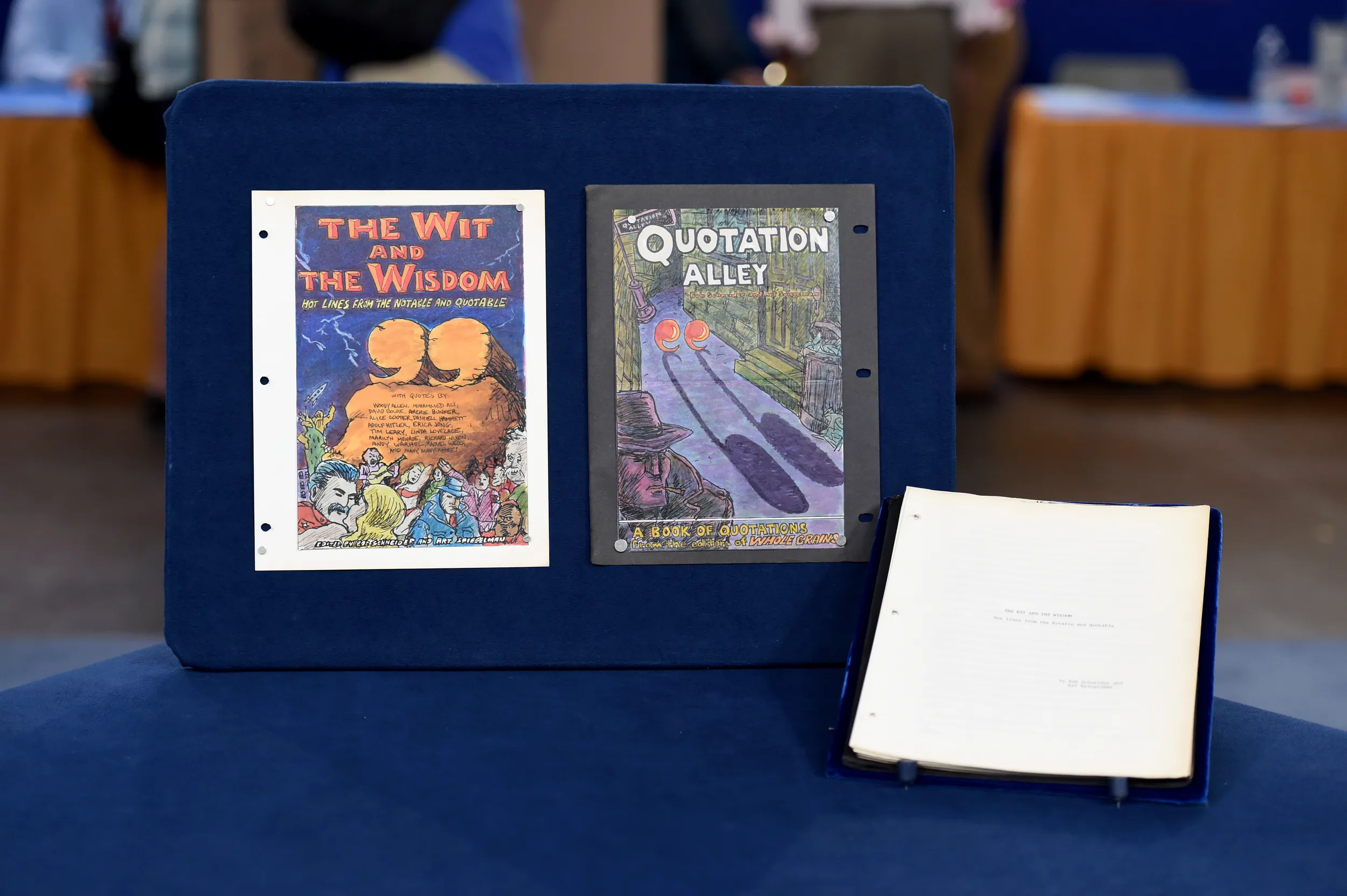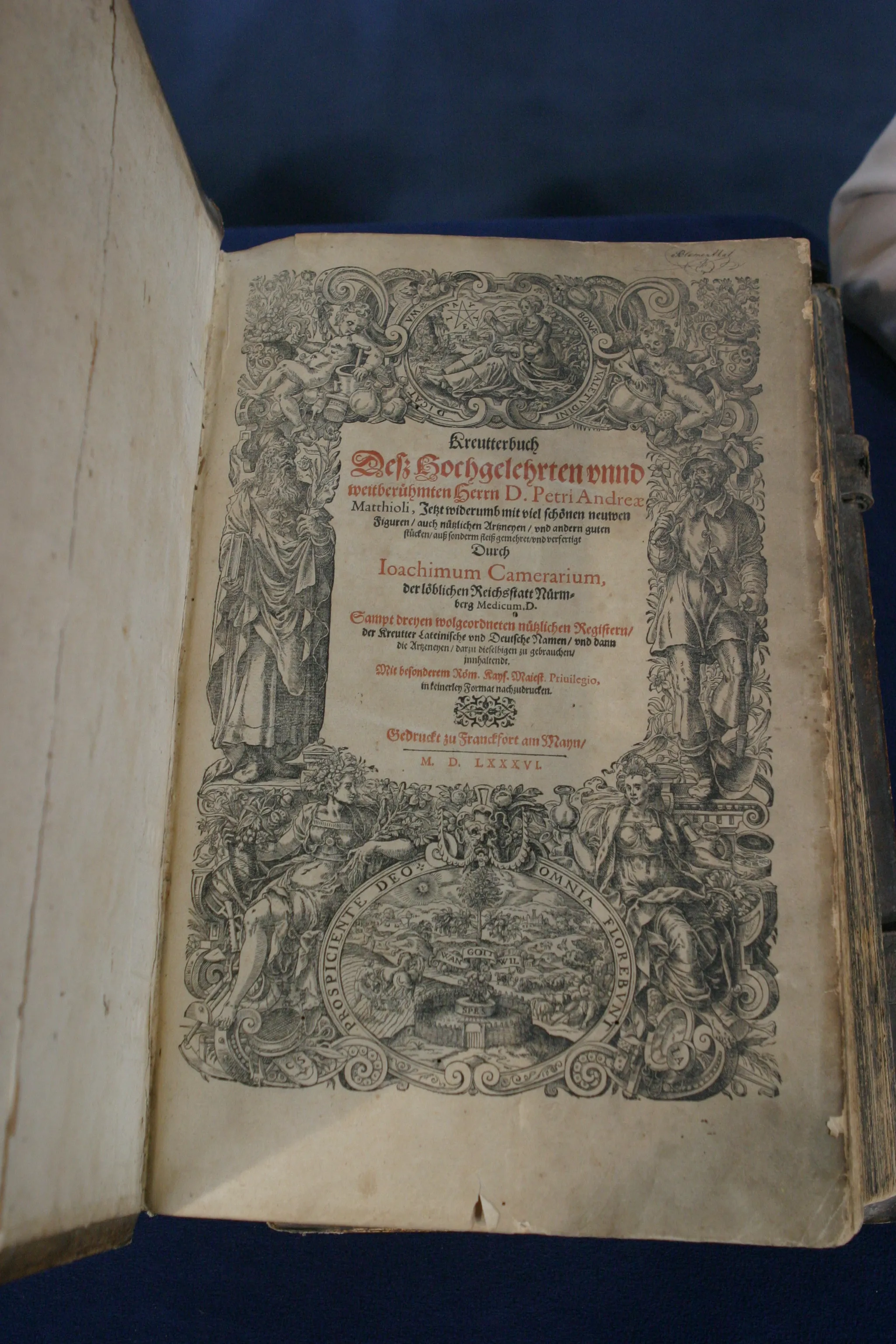GUEST: After my mother died about 20 years ago, we found this envelope in her amazingly cluttered apartment, and we opened it up, and inside were some materials connected to Art Spiegelman, the cartoonist, and of course he was really famous then for Maus. We didn't know what to make of it, but we realized what we were looking at seemed to be a book proposal that had been done maybe 20 years earlier when he was not so well known. In the envelope was a copy of a book he had done a little earlier. It's 1973. A book of quotations called Whole Grains. And this was going to be a sequel, and it was going to be an opinionated, irreverent collection of quotations, very pithy, some of them very raunchy. The proposal explained that Whole Grains had been a quotation book for the '60s, the era of anti-war protests and free love and such things, and this was going to be a quotation book for the '70s, and it was much darker, very cynical in many places, and really full of wonderful quotes. And there were some examples in the proposal, of course, and chapter titles, some of which I couldn't repeat on the air.
APPRAISER: Right.
GUEST: And there were two cover treatments. We don't know how my mother got hold of it, but our best guess is that maybe after Maus started to become a big hit, Spiegelman perhaps didn't need to pursue this other project, so he maybe donated the package to the local library or something, and we pictured my mother maybe getting it at a library sale because she was a very big supporter of the local public library.
APPRAISER: Art Spiegelman and Bob Schneider were friends and colleagues that worked on the Whole Grains book as co-editors. Spiegelman is the famous creator of Maus, his graphic novel that became the Pulitzer Prize-winning graphic novel, the first graphic novel ever to win such an honor. Maus was originally published serially in little magazine parts in the centerfold of the leading counterculture magazine that Spiegelman created at the beginning of his fame. He wasn't quite famous yet. That magazine was called Raw, and each issue of Raw, for several issues, contained the graphic novel Maus in it. It was later, of course, published in book form, and by the time his run with Raw was over, he was an internationally famed graphic novelist and went on to the fame that he has today. These are original paintings for the book that you talked about, The Wit and the Wisdom, and he also, to the right, has an alternative cover called Quotation Alley. These would appear to be pen and ink, with colored markers for the brilliant colors that we're seeing, the effects. And as we look through the manuscript here that we won't open now, this is his original proposal to publishers for the book and then a bunch of the suggested quotations. And what's really fascinating about this little archive, it shows a major important American artist in his infancy, before he was famous, and what he was trying to do to get by to make money. The original artwork I think is stunning. They're both quite beautiful. I would value your package, the manuscript and painting archive, at retail at $8,000 to $12,000.
GUEST: Really? That's very gratifying. Thanks, Mom. (laughing)
